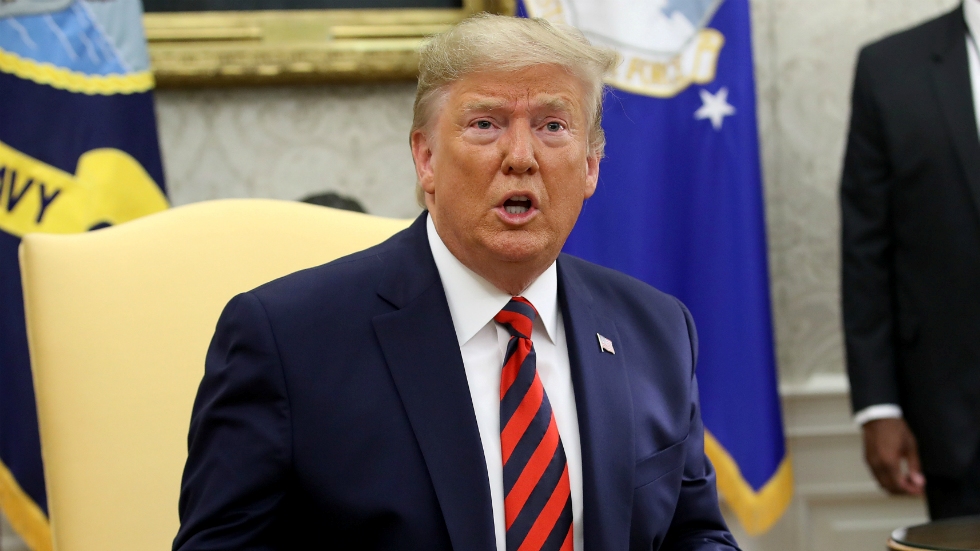President Trump’s second term has ushered in a sweeping transformation at the Department of Justice (DOJ), critically weakening its capacity to hold public officials accountable. Historically, the Public Integrity Section (PIN) served as the gatekeeper for corruption and election-fraud cases. Yet by June 2025, its once formidable team comprising over 30 attorneys had been whittled down to just five, stripped of its authority to launch new investigations or supervise prosecutions of lawmakers and other senior figures. The dismantling of these procedural safeguards has effectively opened the door to politically motivated prosecutions.
In early May, a pivotal internal rule was quietly suspended: U.S. attorneys were no longer required to seek PIN approval before charging public officials, removing a crucial check against partisan interference. Amid an exodus of principled lawyers, many choosing resignation over compliance, the DOJ instituted a “Weaponization Working Group,” led by Ed Martin, reported to centralise scrutiny over cases involving Trump and his allies. As one veteran prosecutor warned, “the rule of law is endangered” without these internal barriers.
The upheaval is more than administrative; it is legal strategy. In February, seven DOJ attorneys quit rather than drop corruption charges against New York’s mayor, Eric Adams, under explicit political direction. Subsequently, four convictions linked to PIN prosecutions received pardons, underscoring the discretion now yielding to political calculus. Attorney General Pam Bondi has repurposed prosecutorial priorities, directing resources towards violent crime and immigration enforcement instead.
The recalibration of DOJ authority marks an inflection point. Removing entrenched checks and realigning prosecutorial focus threatens to politicise justice, risking a legacy of selective enforcement. As the political landscape evolves, restoring independence within the DOJ will be critical to preserving public trust and the rule of law.


